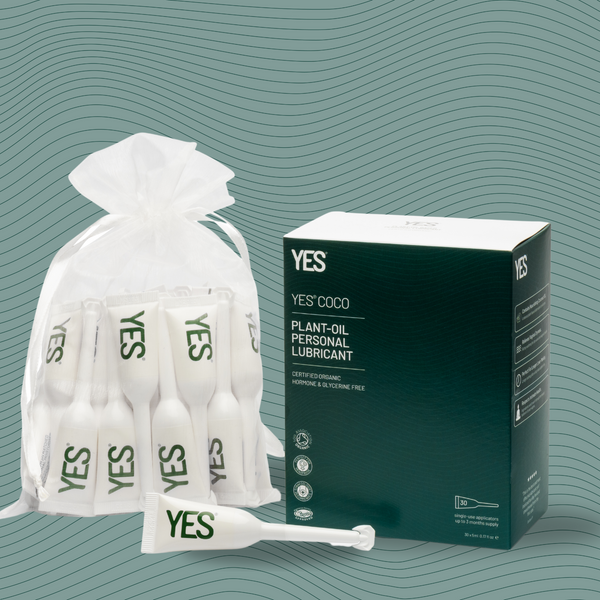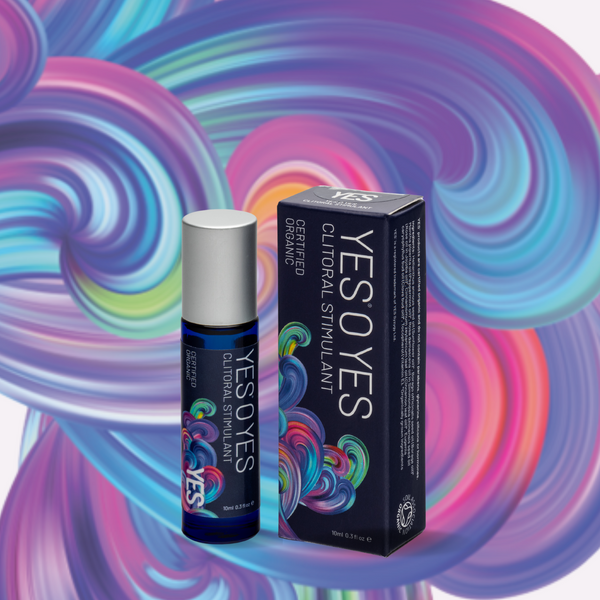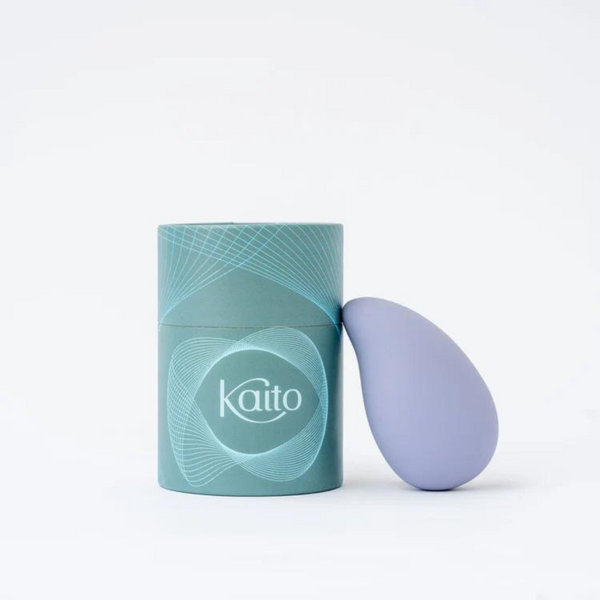 All Blogs
All Blogs

- Fatigue
- Hot flushes
- Vaginal dryness
- Painful joints and muscles
- Dizziness
- Variation in sleeping patterns
- Drastic mood variations
- Anxiety
- Noticeable weight gain
- Uncontrolled leakage of urine
Seventy percent of women will suffer with all or some of these symptoms. Even if a woman is in the lucky 30% who are symptom free however, oestrogen protects bones and heart so declining levels will increase the risk of heart disease and osteoporosis. Becoming active to support bone and heart health is thus really important. Chronic disease usually begins around the age of sixty, which makes the first ten years after menopause an ideal period for physical activity intervention and prevention to improve women’s long-term health. Physical activity can have a positive effect on many symptoms of menopause. A recent study from the charity, Women in Sport, highlighted that women who undertook physical activity “felt empowered and in control of their menopause symptoms.” Both heart and bone health are conditions that are ‘silent’, especially osteoporosis. This is often referred to as the ‘silent killer’, as a woman does not know she has it until she has a fall which results in a break or fracture. DEXA scans, which look at the density of the bone, can be costly to the NHS and are not routinely carried out like mammograms after the age of fifty. Cardiovascular diseases can be picked up through tests that can highlight problems, for e.g. blood tests for cholesterol, blood pressure monitoring, and lung function testing. If these are not routinely checked, however, then women can be at high risk without knowing. Weight management is also so important during menopause—an increase in weight can mean an increase in symptoms. So, what can we do?
Heart health
Becoming breathless is a must for women during menopause. The government guidelines are thirty to forty minutes of physical activity three to four times per week, i.e. becoming breathless three to four times per week for this amount of time. However, this can be broken down into smaller chunks, so look at ways to increase your daily step count if you cannot face going to a class or a gym. Taking the stairs; getting off the bus, train, or tube earlier; picking a coffee/lunch place further away or putting something in the diary to meet up with a friend to have a walk and a cuppa will not only do wonders for your heart, but mental health too. Even vigorous housework qualifies!
Bone health
The major sites of osteoporosis are your hips, wrist, and spine, so targeting these areas is key. Impact work such as running or jumping will help with hips and lower spine. Racket sports will increase the bone density of the dominant wrist, so undertaking resistance work for the other sites is so important. This can come in the form of own body weight, such as some types of more dynamic yoga or conditioning classes where you use your body, bands, or weights. Weight training such as free weights or fixed resistance, home workouts with rubber bands are also brilliant if, again, you cannot face going to a class or gym. Undertaking resistance work will not only help increase bone density but also muscle mass, therefore helping burn calories.
Weight management
This is key during menopause—yes, it can be harder to lose weight, but it is achievable. Moving more and becoming breathless will help burn calories. Undertaking weight/resistance training will have a positive impact on weight management. As we age, we lose power in our muscles, so keeping the muscles dense will not only aid bone health but is also great at keeping the belly fat at bay. We do not need as many calories as we age, so cutting back and looking at portion size is really important to maintaining a healthy weight. Natural sources of protein to keep you fuller for longer, along with making sure that you are taking your five per day, will not only aid with weight management but also help combat fatigue. Studies have shown that women who maintain a healthier weight suffer less with menopausal symptoms.
Bladder Health
Maintaining a healthy body through diet and exercise along with minimising stress will help with many symptoms, including vagina and bladder health. Because of the decrease in oestrogen, we are at higher risk of leakage and UTI’s. Pelvic floor muscles, just like the rest of the muscles in the body, can weaken and result in pelvic floor problems. It is thus really important to undertake regular pelvic floor exercises—these will protect against leakage, excessive urination, and promote a healthy sex life. Sometimes vaginal dryness from menopause can be mistaken for thrush which, if undiagnosed, can be extremely painful for the women. Local oestrogen creams help, along with a good vaginal moisturiser can help.
Mental health
This can be extremely compromised for many women. Exercise will help with anxiety, stress, and promote better sleep which in turn will support a healthy mind. Physical activity is a natural and perfect anti-anxiety and anti-stress treatment. It reduces tension and stress, boosts mental energy, and has a positive effect on your physical and mental health. Exercising releases our ‘feel-good’ hormones such as endorphins, dopamine, and serotonin. These are our happy chemicals and they off-set the stress hormone cortisol, which is higher during menopause. Doing exercise that increases the heart rate will boost mental energy and physical health, leaving you feeling not only happier, but more confident and a lot less stressed.
Empower yourself
Read more about the changes your body goes through during peri menopause and post menopause.














